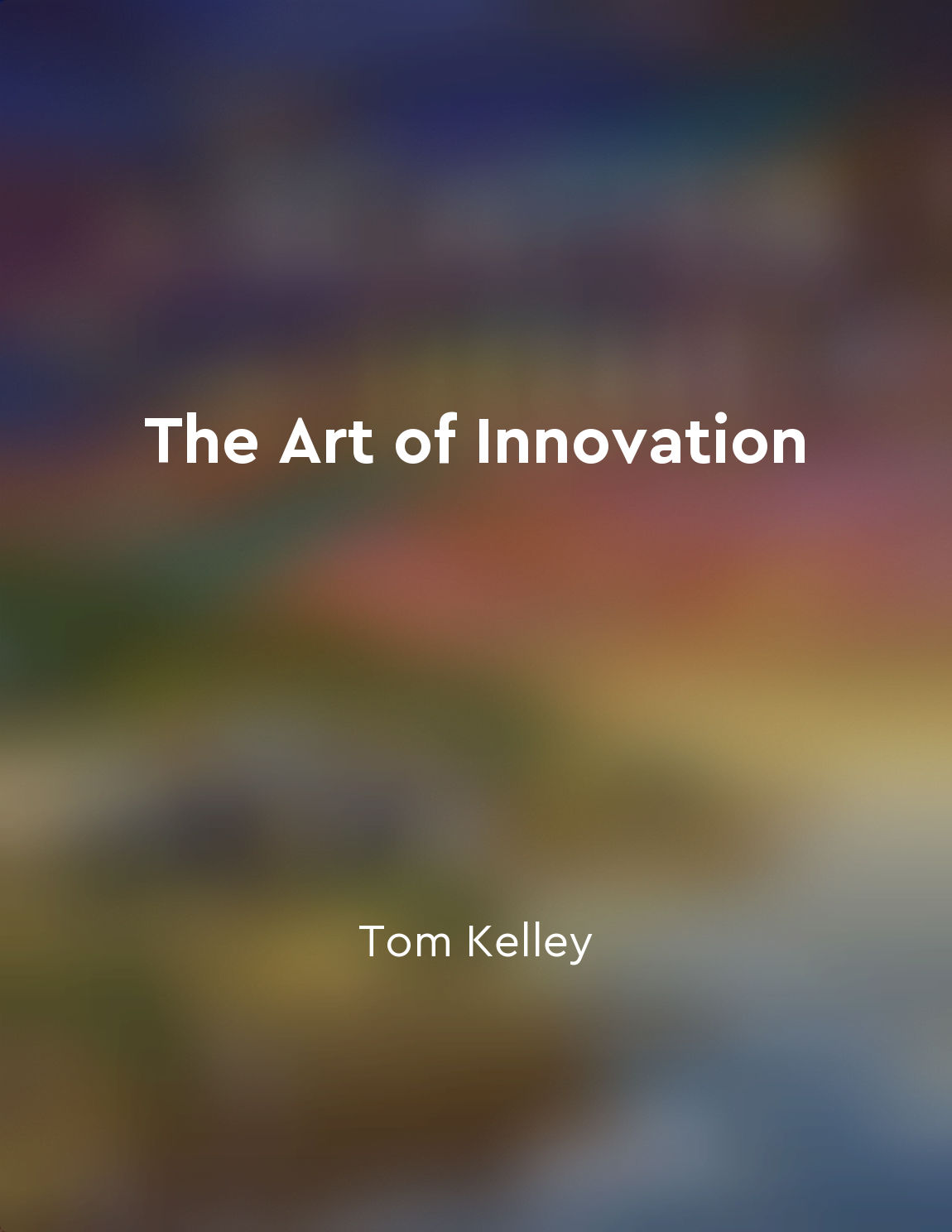Audio available in app
Shift from project mindset to product mindset from "summary" of Escaping the Build Trap by Melissa Perri
The shift from a project mindset to a product mindset is crucial for organizations looking to deliver value continuously and sustainably. In a project mindset, teams work towards a deadline to complete a set of features, with the assumption that their work is done once the project is finished. This leads to a cycle of "build, launch, move on" where teams move on to the next project without considering the long-term impact or value of their work. On the other hand, a product mindset focuses on creating ongoing value for customers by continuously iterating and improving the product based on feedback and data. Instead of viewing the product as a one-time project, teams see it as an ongoing effort to solve customer problems and meet their needs. This shift requires a change in thinking from "project completion" to "continuous improvement" and a commitment to delivering value over time. To make this shift successfully, organizations need to adopt a more holistic approach to product development. This involves aligning cross-functional teams around a common goal, empowering them to make decisions based on customer feedback, and measuring success based on outcomes rather than outputs. By focusing on outcomes, teams can ensure that they are delivering real value to customers and achieving their business goals. In addition, organizations must prioritize learning and experimentation to drive innovation and keep pace with changing customer needs. This means creating a culture that encourages taking risks, learning from failures, and adapting quickly to new information. By embracing a culture of continuous learning and improvement, teams can stay ahead of the competition and deliver products that truly delight their customers.- The shift from a project mindset to a product mindset requires a fundamental change in how organizations approach product development. By focusing on delivering ongoing value, prioritizing outcomes over outputs, and fostering a culture of learning and experimentation, teams can create products that drive long-term success and customer satisfaction.
Similar Posts

Be authentic in all interactions
The idea is not just about being honest but about being honest and true to yourself. It's about embracing who you really are an...

Encourage open and honest feedback
The concept of encouraging open and honest feedback is crucial in creating a brave new work environment. In order for teams to ...
Inspiring others through dedication and perseverance
The act of inspiring others through dedication and perseverance is a central theme that permeates the narrative of "The Soul of...
Learning from failure is crucial
Failure is an inevitable part of the journey towards innovation. It is not a matter of if you will fail, but rather when and ho...

Senge emphasizes the importance of systems dynamics
In discussing the concept of systems dynamics, Senge highlights the interconnectedness of various components within a system. H...

Failure is a necessary part of the creative process
Failure is a word that makes most people cringe. It conjures up images of disappointment, embarrassment, and defeat. However, f...

Remember, true intelligence is not about being the smartest person in the room, but about how you treat others and make a positive impact in the world
It is a common misconception that intelligence is solely based on how much knowledge one possesses or how high their IQ is. In ...
Build strong relationships
The importance of fostering strong relationships in business cannot be understated. It is through building and maintaining thes...

Overcoming fear can unlock creative potential
Fear can be a powerful force that holds us back from realizing our full creative potential. It can manifest in many forms - fea...
Focus on continuous improvement
The concept of continuous improvement is a fundamental principle in the world of business. It is the idea that organizations sh...

